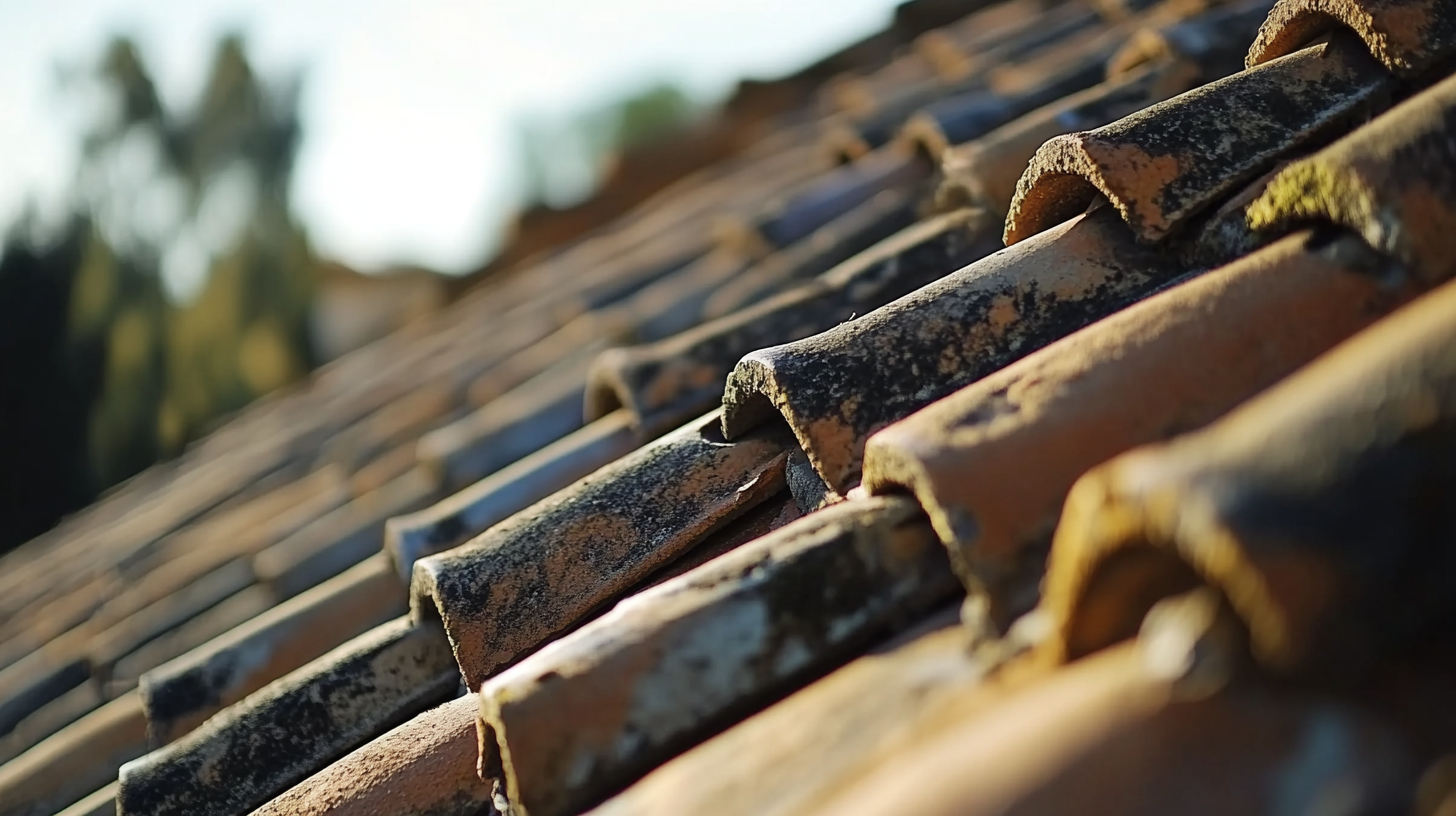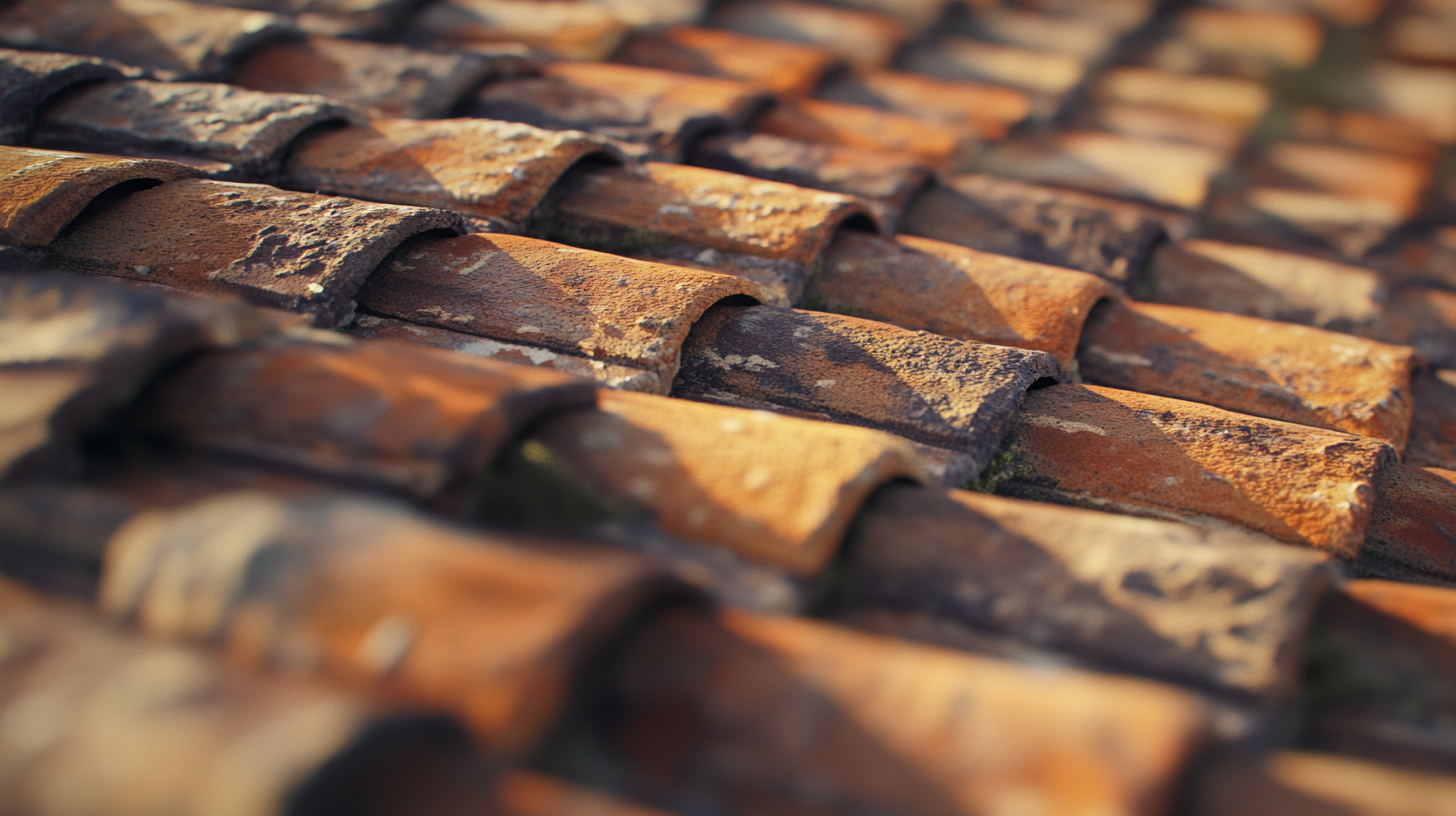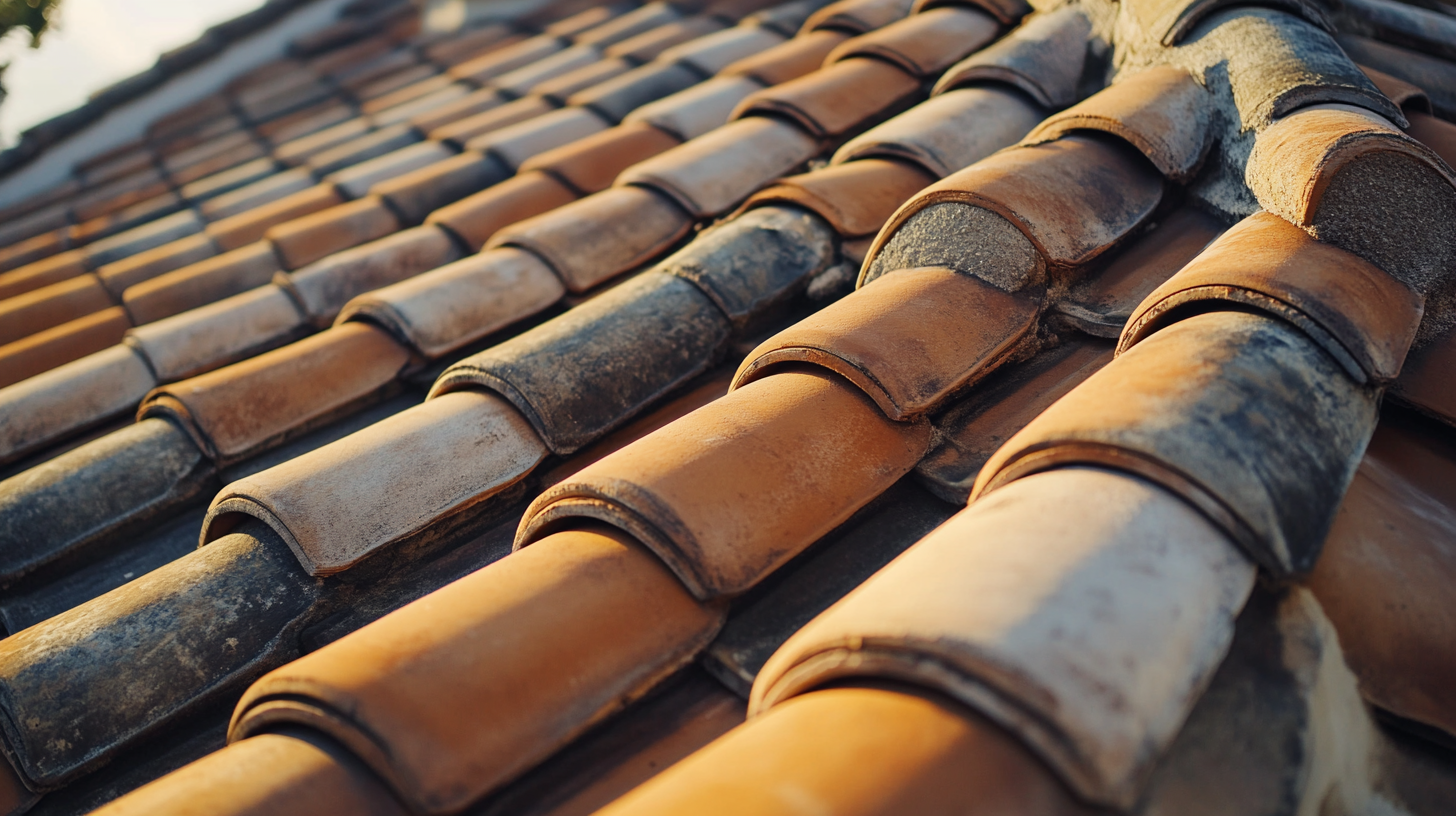
Leave Your Message
-
Phone
-
E-mail
-
Whatsapp

In the ever-evolving construction industry, the choice of materials plays a crucial role in determining the quality and durability of structures. The global roofing tile market is expected to reach a value of approximately $100 billion by 2025, driven by increasing demand for innovative and sustainable building solutions. Selecting the right Roof Tile Factory is essential for contractors and builders aiming to deliver high-quality roofs that not only enhance the aesthetic appeal of properties but also provide long-lasting protection against the elements.

With a multitude of manufacturers worldwide, understanding the key factors that contribute to a successful partnership becomes paramount. This blog will explore seven essential tips for effectively collaborating with top-tier roof tile factories, ensuring you get the best products while fostering a beneficial relationship that can scale with your business.
The global roof tile market is evolving rapidly, driven by various factors including technological advancements and changing consumer preferences. As of 2022, the global roofing market was valued at approximately USD 78 Billion and is projected to reach around USD 116.4 Billion by 2030, showcasing a significant growth trajectory fueled by rising urbanization and infrastructure development. This robust growth represents an increasing demand for diverse roofing materials, particularly in emerging markets.
Moreover, the market for solar roof tiles is expected to witness substantial growth by 2032, reflecting the industry's shift toward sustainable building solutions. Recent studies indicate that the roofing materials market is anticipated to hit USD 173.23 Billion by 2030, with a CAGR of 3.6%. This growth is largely influenced by the rising adoption of green building practices and the need for energy-efficient roofing solutions. By understanding these dynamics and the current trends shaping the global roofing landscape, businesses can strategically position themselves to partner with top roof tile manufacturers worldwide.
When partnering with a roof tile manufacturer, evaluating quality standards is crucial. Key certifications such as ISO 9001, which ensures a quality management system, and CE marking, especially important in the European market, play a significant role in determining the reliability of a factory. According to the Global Ceramic Roof Tile Market Analysis Report, around 30% of manufacturers lack the necessary certifications, which can lead to subpar product quality and increased risk for partners.
Tip 1: Always request documentation of certifications from potential manufacturers. This includes ISO certifications and compliance with local and international building codes. A factory with these certifications demonstrates a commitment to quality and safety in production processes.
Tip 2: Inquire about the factory's testing and quality control measures. A reputable roof tile factory should have a robust quality assurance program that includes regular testing of raw materials and finished products. This not only ensures product durability but also protects your investment. The report suggests that compliant manufacturers typically have a lower defect rate, resulting in long-term savings for businesses.
Tip 3: Consider the factory's reputation and customer reviews. A manufacturer with a history of delivering high-quality products and maintaining good relationships with clients is more likely to meet your expectations consistently. Look for case studies or testimonials that showcase their reliability and performance in the industry.

When selecting roof tiles, prioritizing sustainable practices is essential for both environmental responsibility and long-term benefits. Eco-friendly roof tiles are made from natural or recycled materials, which not only reduce landfill waste but also minimize the carbon footprint associated with traditional manufacturing processes. Look for manufacturers that provide information on their sourcing and production methods, ensuring that they prioritize sustainability at every step.
In addition to materials, consider the energy efficiency of the roof tiles. Options like clay or concrete tiles can improve insulation, providing better thermal performance and reducing energy costs in the long run. Furthermore, some companies offer cool roofing tiles, which reflect more sunlight and absorb less heat, ultimately contributing to lower energy consumption and a more comfortable living environment. By choosing environmentally-friendly roof tiles, you're not just investing in quality; you're also supporting practices that protect our planet for future generations.
| Criteria | Description | Importance Level | Examples of Practices |
|---|---|---|---|
| Material Sourcing | Choose factories that use sustainably sourced materials. | High | Recycled materials, local sourcing |
| Energy Efficiency | Evaluate factories based on their energy use and production methods. | High | Use of renewable energy, energy-efficient production lines |
| Waste Management | Assess how factories manage and reduce waste. | Medium | Recycling programs, waste-to-energy processes |
| Certifications | Look for environmental certifications and standards compliance. | Medium | ISO 14001, LEED certification |
| Employee Practices | Consider factories that promote fair labor practices. | High | Living wages, safe working conditions |
| Product Lifespan | Choose products that have a long lifespan and durability. | High | High-quality materials, warranties |
| Community Engagement | Support factories that engage positively with their local communities. | Medium | Local initiatives, community support programs |
When partnering with a roof tile factory, conducting a thorough cost analysis is paramount. According to the latest report from the Roofing Industry Alliance, the average cost of roofing materials varies significantly between manufacturers, ranging from $2.50 to $5.00 per square foot for standard clay tiles. However, the price must be balanced with quality and longevity; higher-priced materials often offer better warranties and durability, which can lead to reduced maintenance costs over the lifespan of the roof.
In addition to direct costs, it’s essential to evaluate the value offered by different manufacturers. Research from the National Roofing Contractors Association indicates that the lifecycle cost—factoring in installation, maintenance, and energy efficiency—can be twice as impactful on overall expenses than the initial purchase price. For instance, investing slightly more in a factory that provides high-efficiency tiles can yield energy savings of up to 20% over a decade, a saving well worth considering in your overall cost analysis.
Prioritizing quality while evaluating these factors ensures a partnership that is not only economically sound but also meets long-term roofing needs.
When it comes to partnering with a roof tile factory, building long-term relationships is crucial for sustained success. Effective supplier collaboration centers on open communication and mutual understanding. Begin by establishing clear expectations from the outset. Discuss not only product specifications and delivery timelines but also the values and goals that each party holds. Regular check-ins and updates can help to foster trust and transparency, allowing both sides to adapt to challenges and seize opportunities as they arise.
Moreover, investing time in understanding the cultural and operational nuances of your supplier can greatly enhance partnership outcomes. Take the initiative to visit their facilities and meet the team behind the products. This personal touch creates a stronger bond and opens avenues for innovation and customization. Encourage feedback and involve your suppliers in decision-making processes to empower them and show that their insights are valued. By nurturing these collaborative strategies, you pave the way for a resilient partnership that can withstand market fluctuations and thrive in a competitive landscape.
